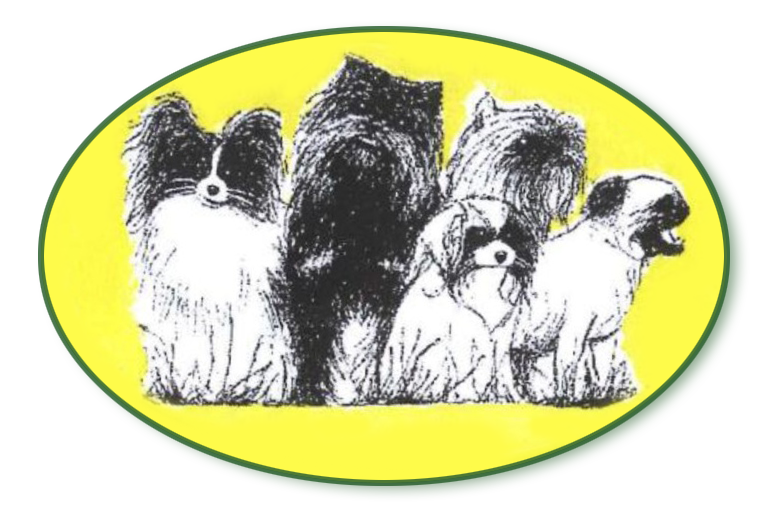What is patellar luxation?
Patellar luxation is the looseness of the kneecap (patella). Normally, the patella lies in a groove on the femur. In some dogs however, the groove in the femur is shallow, and the attachment of the patellar tendon is a little too far inwards, causing the kneecap to luxate (dislocate) out of the groove. The patella can luxate both to the inside of the knee, and to the outside of the knee. The patellar luxation to the inside is especially common in small dog breeds such as the Parson Terrier, Jack Russell Terrier, Yorkshire Terrier, Chihuahua, Miniature Poodle, Miniature Pinscher and Kooikerhondje. The patellar luxation towards the outside is a rare form; this form occurs in large breeds such as the Flatcoated Retriever and the Chow Chow and often occurs after some trauma (car accident, misrepresentation) and in combination with a twist in the thighbone. Most cases of patellar luxation have a hereditary background.
Symptoms
The complaints of the dog are dependent on the severity of the patellar luxation.Dogs whose kneecap only occasionally comes off, occasionally walk a few steps with a raised leg. This is not a problem for a pet, but it's a fault for a show dog. However, if the kneecap is released regularly and only occasionally recoils, the dog has difficulty getting up and walking. However, these dogs will walk with O-legs or with a kind of frog pass. By sliding the kneecap back and forth, the cartilage becomes irritated and an inflammation occurs, resulting in osteoarthritis. Osteoarthritis in turn causes extra painfulness in the knee joint.
In the worst form of patella luxation, the kneecap is completely removed and can no longer be put back in place. In this case dogs can no longer stand normally and they have to row with their hind legs to move forward.
Dogs who regularly suffer from patella luxation have a greater chance of getting cracks in the cruciate ligaments of the knee.
Treatment
Dogs with a very mild form of patella luxation in which the kneecap but very occasionally dislodged need not be treated. Providing a joint support supplement with glucosamine and chondroitin can help alleviate any complaints caused by osteoarthritis in the knee. For more serious forms of patella luxation, only surgery is the solutions.
